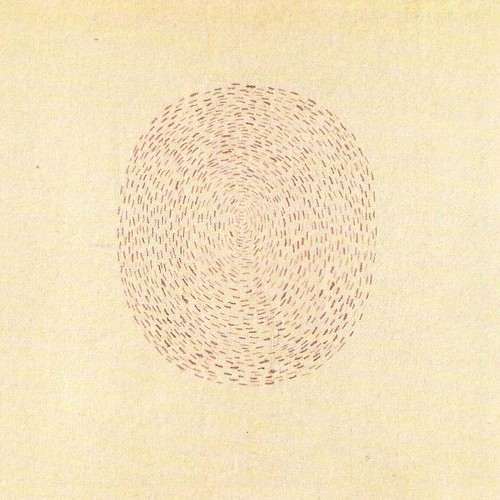Rejoicing in the Hands by Released April 24, 2004 ( 2004-04-24) Recorded 2003,,, Length 42: 03 Devendra Banhart, chronology (2003) 2003 Rejoicing in the Hands (2004) (2004) 2004 Rejoicing in the Hands (full title Rejoicing in the Hands of the Golden Empress) is the third studio from musician and the second full release for the label. It was recorded during 2003 and was released on April 24, 2004. The song 'Insect Eyes' was featured in the teaser trailer for the 2007.
From the album: Rejoicing in the Hands (2004) From the album: Rejoicing in the Hands (2004). Devendra Banhart - This Is the Way wonkyshot. Rejoicing in the Hands, an Album by Devendra Banhart. Released April 26, 2004 on XL (catalog no. XLCD 180; CD). Genres: Contemporary Folk, Singer/Songwriter. Rated #397 in the best albums of 2004.
The song 'The Body Breaks' was used in the 2007 film. The song 'A Sight to Behold' was also used in a season 2 episode of '. As of September 2005 Rejoicing in the Hands has sold 24,000 copies in United States, also first four albums collectively have sold 56,000 units up to 2005. • • Martens, Todd (17 September 2005).
Retrieved 3 August 2018. Retrieved May 26, 2015. • Jurek, Thom.. Retrieved May 26, 2015. • Drozdowski, Ted (June 18–24, 2004)..
Archived from on November 4, 2016. Retrieved May 26, 2015. • Weingarten, Marc (April 30, 2004).. Retrieved May 26, 2015. • Sweeting, Adam (May 21, 2004).. Retrieved May 26, 2015. • 'Devendra Banhart: Rejoicing in the Hands'.
• Jam, James (2004). Autumn solar user manual. 'Joyous mental bastard folk music'.
• (March 16, 2004).. Retrieved May 26, 2015. • 'Devendra Banhart: Rejoicing in the Hands'.
• 'Devendra Banhart: Rejoicing in the Hands'.: 151. April 15, 2004. • 'Devendra Banhart: Rejoicing in the Hands'.

• Pitchfork staff (September 28, 2009).. Retrieved October 1, 2009. • Robert Dimery; Michael Lydon (23 March 2010).
1001 Albums You Must Hear Before You Die: Revised and Updated Edition. • (in Dutch). Retrieved May 2, 2010.
Retrieved May 2, 2010.
When 's Young God label issued 's glorious home-recorded debut,, on an unsuspecting world, its gorgeous yet sparse primitivism, complete outsider lyric sensibilities, and infectious melodies grabbed hold of listeners all over the world. It offered them a bona fide fissure between popular and underground American culture.
's aesthetic is no pose; his iconoclastic songwriting could not be farther away from officially sanctioned 'alternative' music. However, given the unanticipated coverage and success of the album (by modest indie standards, folks, not those dictated by the biz), a quandary was presented in how to follow it up. Should his new songs -- and there were many -- be recorded in exactly the same way to preserve the notion of 'authenticity?' Or should he not be penalized by having to adhere to the same economic realities, and be nurtured as the developing artist he is?